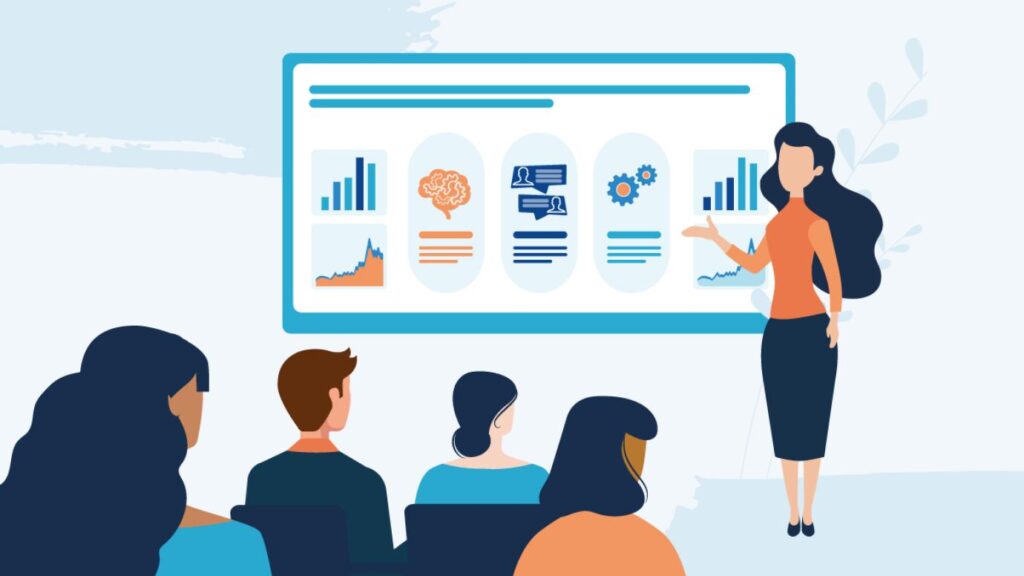Artificial Intelligence is revolutionizing the way we live and work, and the education industry is benefiting from this transformation as well. AI-powered tools are being used to create personalized learning experiences, enhance the instructional design, and even grade student assignments. While these tools have the potential to revolutionize education, they also raise important ethical questions that must be considered.
In this blog, our skilled essaywriterhelp expert will dive into the complex world of AI ethics in education, exploring both the benefits and the risks associated with these cutting-edge tools. Are they truly the future of education, or do they come with a host of unintended consequences? Let’s find out.
- Privacy Concerns
The collection, storage, and use of student data by AI-powered educational tools raise serious privacy concerns. This data can include personal information such as name, date of birth, and learning preferences, as well as more sensitive data such as assessment results and progress reports. The privacy of student data must be protected, and it is crucial for educators and technology developers to ensure that AI-powered educational tools follow strict privacy laws and regulations.
- Bias and Discrimination in AI-powered Educational Tools
The use of AI in education raises concerns about the potential for bias and discrimination. If AI algorithms are not properly trained or if they are fed biased data, they can perpetuate existing societal biases in the educational system. This can have significant consequences for students who may be unfairly disadvantaged as a result. It is essential for technology developers to consider the potential for bias in their AI-powered educational tools and to take steps to prevent it.
- The Role of Regulation in Ensuring Ethical AI in Education
As AI-powered educational tools become more widespread, governments and educational institutions need to establish regulations to ensure their ethical use. These regulations should cover areas such as privacy, bias, and transparency, and should be regularly reviewed and updated to keep pace with technological advances.
- The Importance of Human Involvement in AI-powered Education
While AI-powered educational tools have the potential to revolutionize education, it is important to remember that they are not a replacement for human teachers. AI-powered tools can support and enhance teaching, but they cannot replace the human connection, empathy, and creativity that are essential in education.
You can hire someone to write an essay and assist you in composing a paper on the subject of integrating AI into education.
How Can We Ensure the Ethical Use of Technology in Education?
- Respect for privacy: The collection and use of student data should be done in a transparent manner and with the utmost respect for students’ privacy and confidentiality.
- Fairness and impartiality: AI-powered educational tools should be designed and used in a way that minimizes bias and discrimination.
- Accessibility: Technology should be made accessible to all students, regardless of their background or abilities, to ensure equal learning opportunities.
- Responsibility for outcomes: Educators and institutions should be held accountable for the impact of technology on student learning and development.
- Continual evaluation and improvement: The ethical use of technology in education requires ongoing monitoring, evaluation, and improvement to ensure that it continues to serve the best interests of students and society.
- A balance between technology and human interaction: While technology has a lot to offer in education, it’s important to strike a balance between technology-based learning and human interaction. Personal connections with teachers and peers are essential for students’ overall development.
- Ethical considerations for future developments: As technology continues to evolve and innovations emerge, it’s crucial to consider the ethical implications of these developments and ensure that technology is being used for the benefit of students and society. This requires ongoing monitoring, research, and dialogue.
The Crux of the Matter
The use of AI-powered educational tools presents a range of ethical considerations, from privacy concerns to the potential for bias and discrimination. It is essential for educators, technology developers, and regulators to work together to ensure that AI-powered educational tools are used in an ethical and responsible manner, and to support students as they navigate this new technology.
You will discover a wealth of informative resources, including articles like this one, at https://eduhelphub.com/assignment-help to assist you with your essay assignments.
